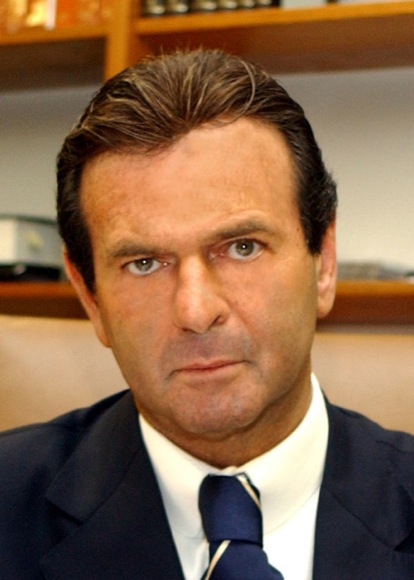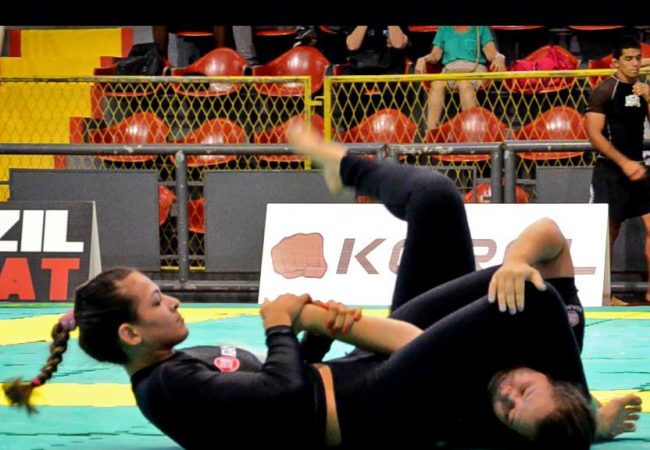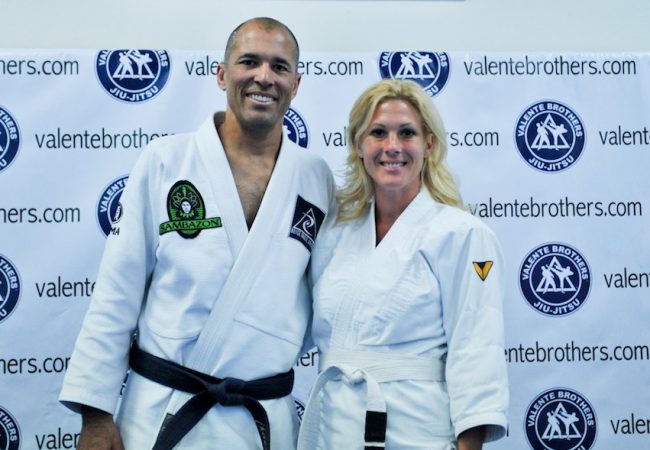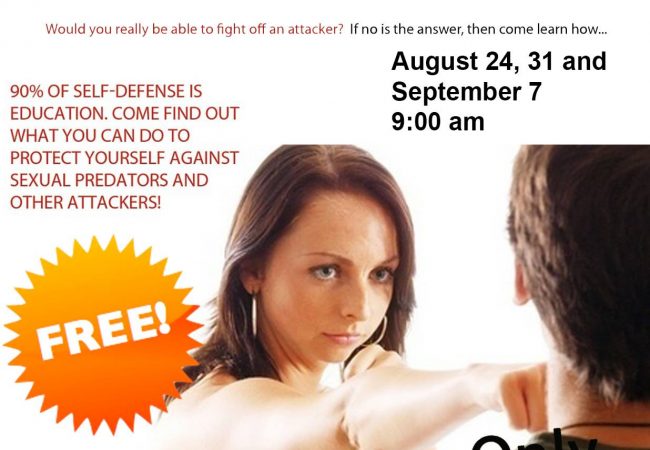It was another drubbing by Jiu-Jitsu: 68 to 2. Twas by this “score” that Brazilian minister Luiz Fux was approved by the senate as a member of the highest level of authority in the nation, the Federal Supreme Court, the crème de la crème of Brazil’s judges.
Fux, who was nominated by President Dilma and was, according to “Veja” magazine, one of supreme minister Antonio Palocci’s favorites, was reviewed for four hours by the Brazilian Justice Commission and received a standing ovation by all 23 on the panel. In the end, he burst in tears, like a champion upon winning.
The win was also part Jiu-Jitsu’s, as Fux is one of the most vehement defenders of the art, which he has practiced for thirty years with Master Osvaldo Alves, ever since becoming a judge.
Interviewed by Luca Atalla in GRACIEMAG # 93, he explains how the gentle art helped him deal with the hardships he encountered in making it to the top. Check out the article published in 2004 in its entirety:
“I always make a point of holding Jiu-Jitsu in the regard it deserves. Because unpleasant situations happen, people fight in the street and instantly the accusation is made that they are practitioners. But I don’t believe it. After all, all we have to do is take a look at the greatest idols in the sport to see that, with extremely rare exceptions, no one ever fights. This is Jiu-Jitsu, a martial art for well-meaning people.
“The start of my relationship with Jiu-Jitsu was interesting. After jogging on Copacabana beach I went to take a swim and left my things on the beach, and they stole my watch. A lady pointed out the thieves to me, but it was a big group and I felt intimidated, so I didn’t do anything about it. That eventing, teaching class at PUC-Rio University, I remarked about it and expressed regret about the powerlessness I felt. So a student offered to take a stance with the help of some friends of his who new the area.
“And that weekend, along with future black belts Sérgio Penha and Márcio Santos, we approached the group. I ended up recovering my watch without incident, and I noticed how the group was terrified by the fighters being there, even though they weren’t big. I asked my student where they got all that self-confidence from and found out it was from Jiu-Jitsu. I thought to myself, “I’m going to do that too.” That was when I met Master Osvaldo Alves and started to train. I was 26, so it was 25 years ago.
“Jiu-Jitsu requires discipline and dedication, as it is a difficult sport with elaborate positions. The early years – anyone who practices knows – the art involves the person completely, leaves them even thinking about positions while riding the bus. That dedication, discipline and attention to technique was transported to study. These days, I can study with discipline for six hours a day, non-stop. Thanks to Jiu-Jitsu.
“So much so that when I took the test become a judge I was at the peak of my dedication, in 1982, having been training for a year and a half. It coincided with the time Sérgio Penha was going to compete with Rickson, and I accompanied his preparations. In the wee hours we’d run up Santa Leocádia hill, run on the sands carrying a teammate on our backs, doing physical conditioning work like no other, led by Osvaldo.
“So I’d work out, do Jiu-Jitsu, study and I didn’t feel tired because I was physically in great shape. All that with God’s help, of course, and because I am of great faith, I got first place in the test and became a judge, even though I was very young.
“Besides the discipline in studying and helping with my physical prowess, Jiu-Jitsu also helped me fight for positions in my career, due to the fact that I’d learned its principles, its ideology. When I fought to become a minister, there was no lack of people trying to set me back in my efforts, saying I was very young, that I had no place trying for such a position. But that courage, that brazenness, that determination and self-confidence that I’d learned in training always carried me forth.
“I’d always been very persistent, and I was really young when I decided I had to study to fulfill my objectives, but Jiu-Jitsu intensified these qualities and was fundamental in my professional accomplishments.
“The idea of courage, daring within the bounds of responsibility and respect to others that Jiu-Jitsu conveys helped me a lot throughout my career as a judge because as a magistrate you need to be independent and have the vigor to face hardships. You are resolving the problems of others, but at the same time you often come up against an existential war, because there are people trying to decide other peoples’ destinies, and you need to have to have the independence and attitude to deal with that. On the other hand, you should also impose your posture, be forthright, be humble at the right moment but also brazen at the right moment, because you may suffer pressure from all levels.
“I feel it is key that people feel this release, this willingness to not fear, because the worst feeling is the fear of fear. Yes, you should feel fear, recognize dangers – it’s a question of responsibility. But you can’t fear the unknown. And Jiu-Jitsu, beforehand, prevents that sensation, by way of self-confidence. The art teaches that, if you happen to be in a situation where you are pushed to your limits, in the worst case you will know how to defend yourself.





